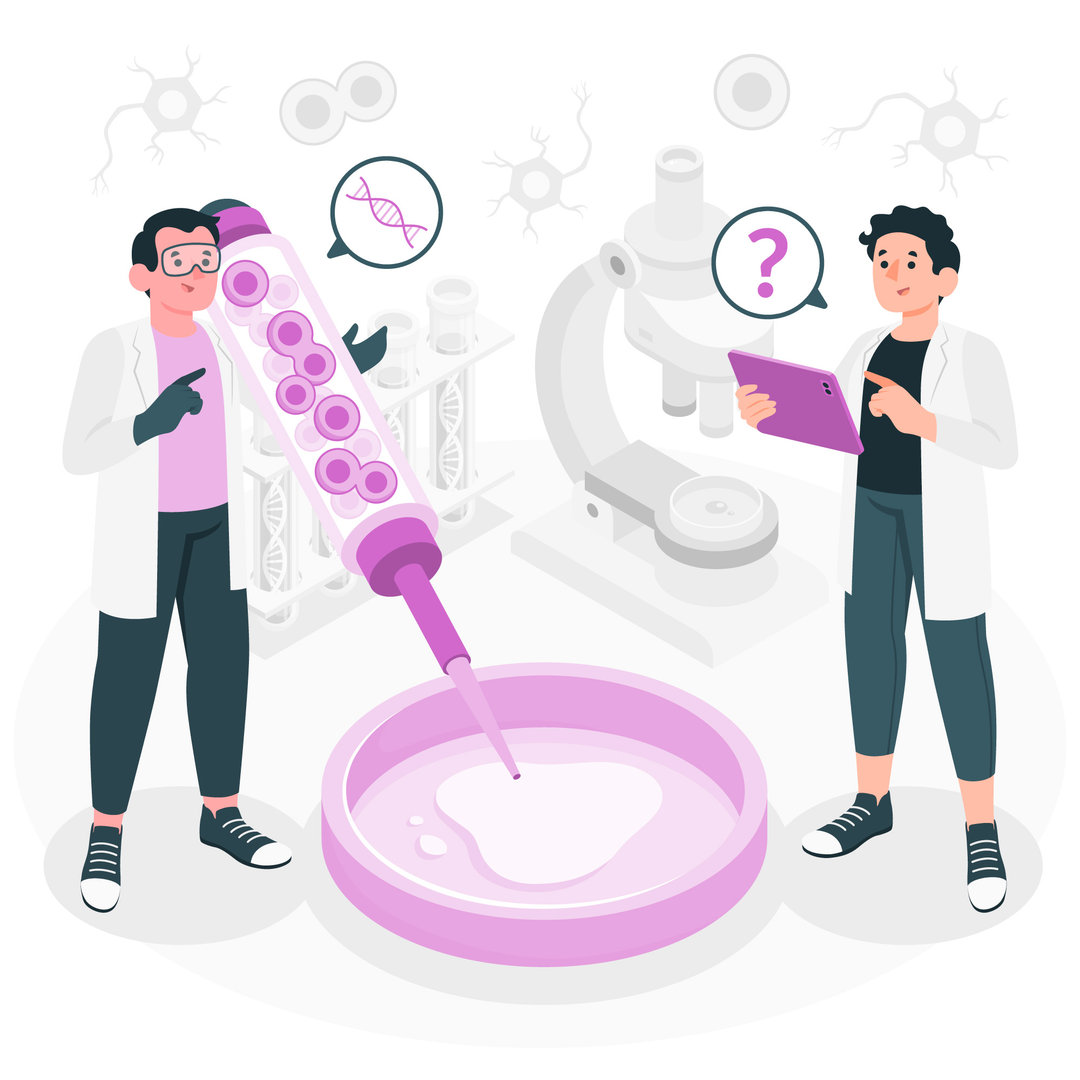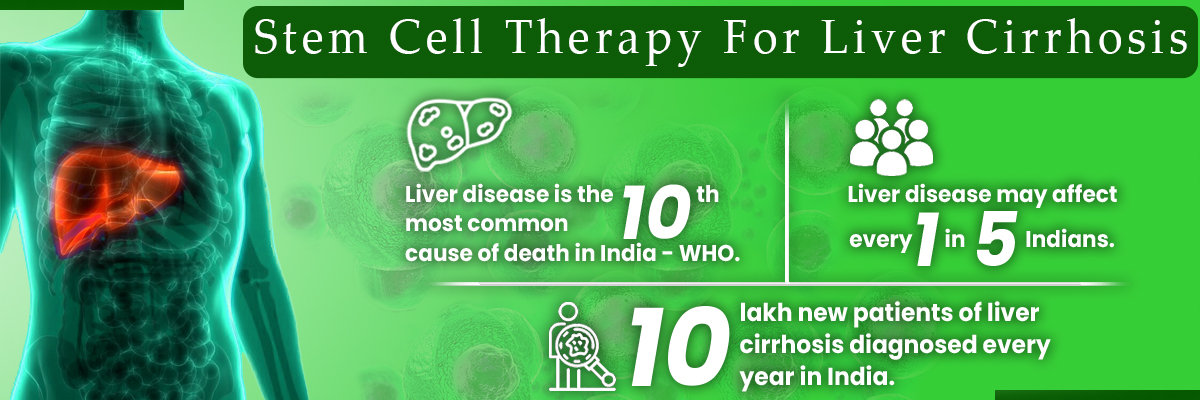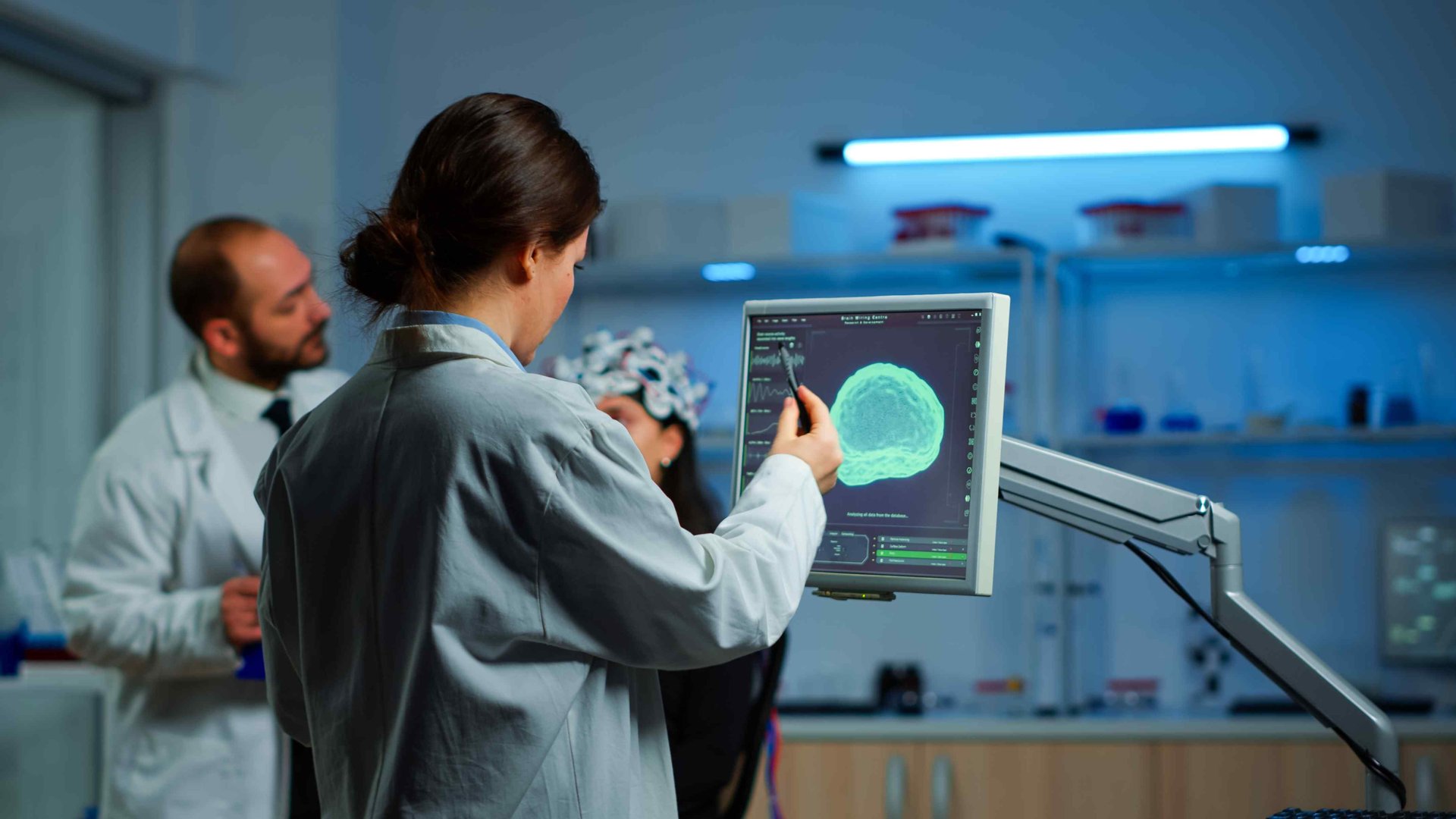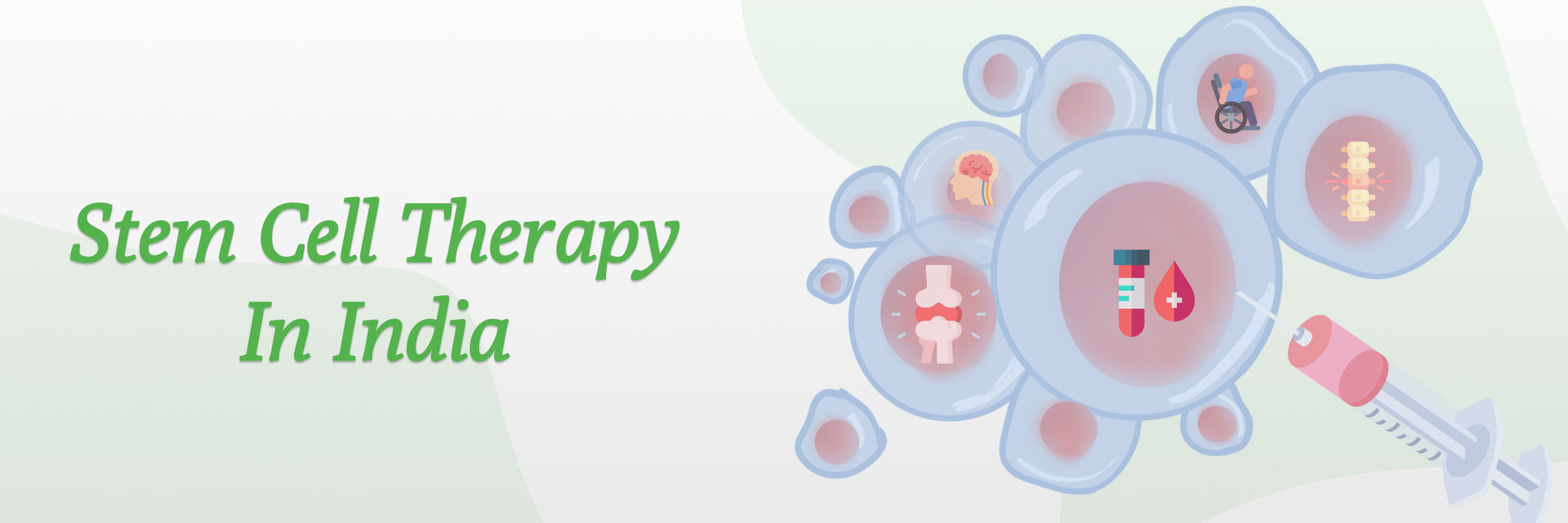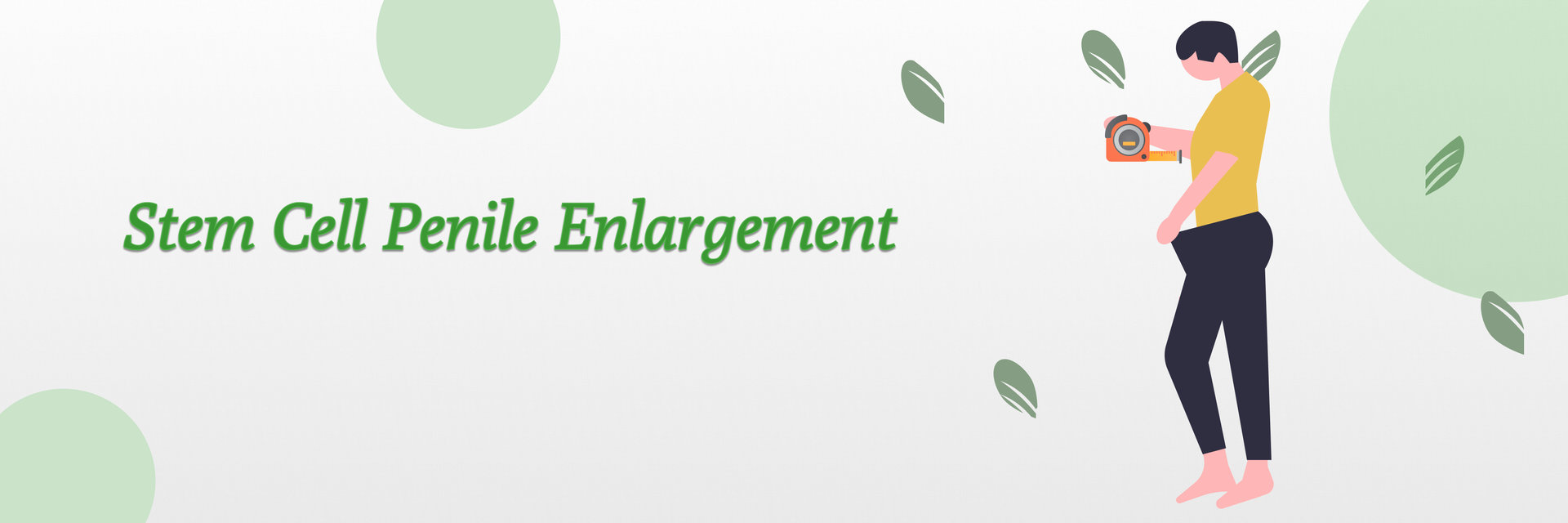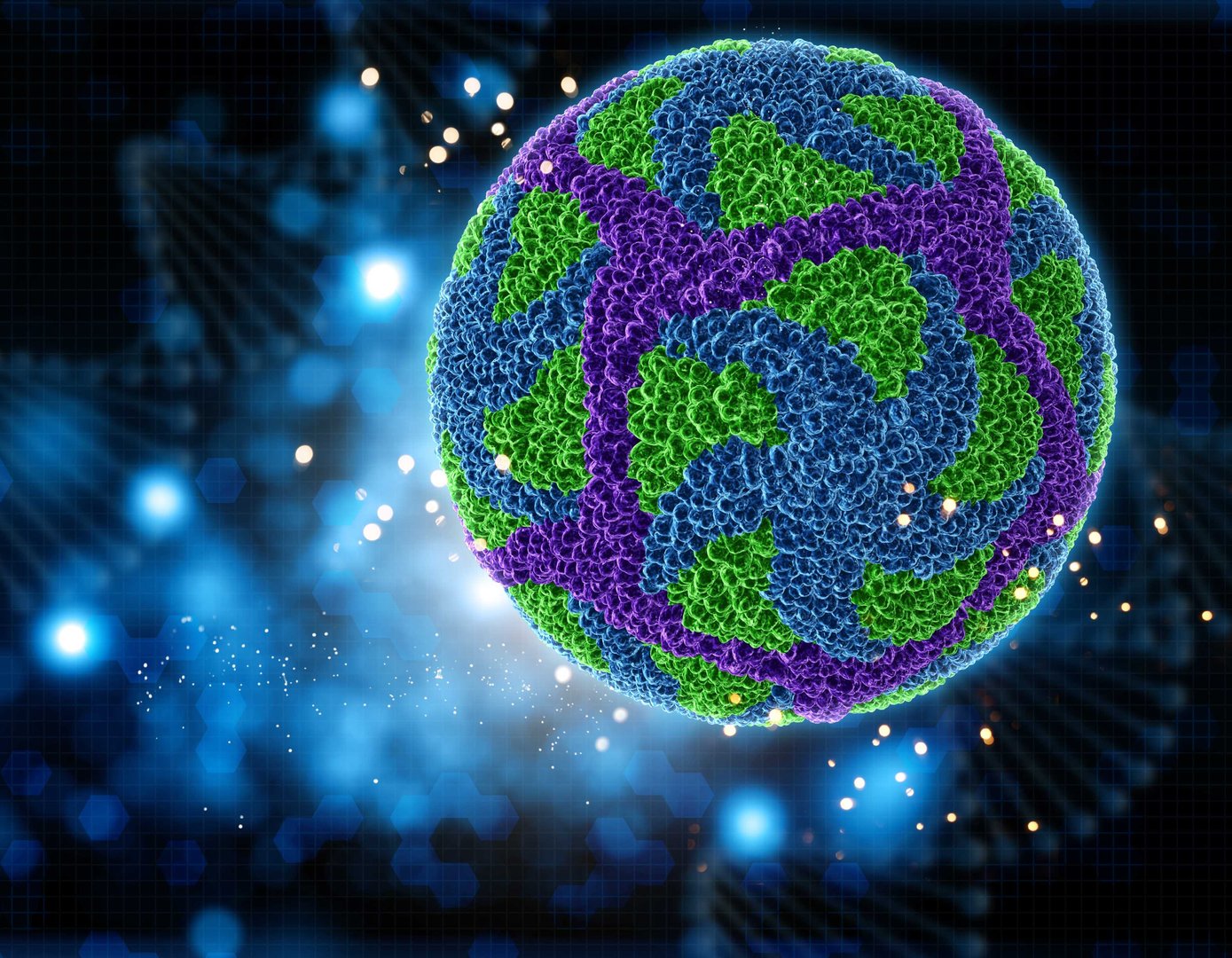Overview:
Infertility affects millions globally, with the World Health Organization (WHO) revealing that 1 in 6 couples face challenges conceiving. In India, male infertility accounts for nearly 50% of all infertility cases—underscoring the need for advanced and effective treatments. About 23% of male infertility is attributed to reproductive disorders, and 25% of cases are unexplained, further emphasizing the need for innovative approaches.
Stem cell therapy is gaining traction as a revolutionary option in regenerative medicine. By addressing sperm dysfunction, testicular damage, and hormonal imbalances at a cellular level, stem cell therapy offers a natural and long-term solution for restoring male fertility.
If your loved one is facing challenges with male infertility, don’t wait—book online doctor consultation to explore how stem cell therapy may offer new hope and long-term solutions for restoring fertility.
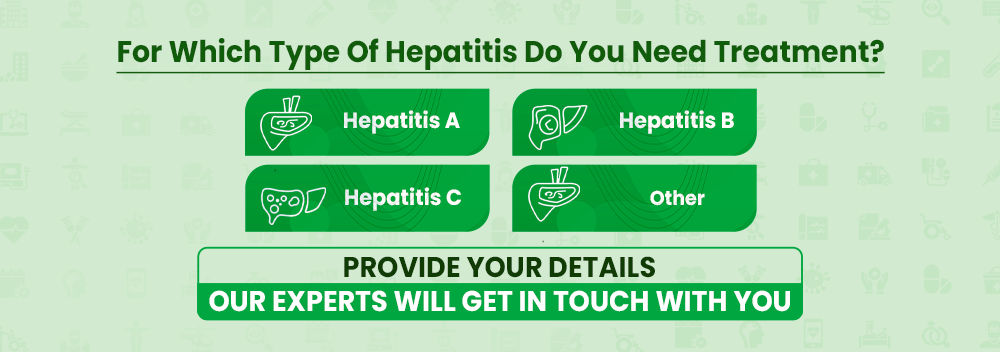
Understanding Male Infertility: Causes & Conditions
Male infertility can result from a variety of biological, genetic, and environmental causes. Common conditions include:
- Oligospermia: Low sperm count, which reduces the likelihood of successful fertilization.
- Asthenozoospermia: Poor sperm motility, hindering the ability to reach the egg.
- Teratozoospermia: Abnormally shaped sperm, lowering fertilization potential.
- Non-obstructive Azoospermia: Failure of the testes to produce sperm due to genetic, hormonal, or cellular issues.
- Erectile Dysfunction (ED) and Sexual Dysfunction: These impairments affect erection, libido, and ejaculation.
Triggers include hormonal imbalances, genetic disorders, infections, exposure to toxins, radiation, smoking, alcohol consumption, chronic stress, and underlying health conditions.
Traditional Treatments for Male Infertility
Conventional treatment options include:
- Hormonal Medications: For endocrine correction.
- Surgery: To treat physical obstructions or correct varicocele.
- Assisted Reproductive Technologies (ART): Like In Vitro Fertilization (IVF) and Intracytoplasmic Sperm Injection (ICSI).
While these methods have achieved success in some cases, they often bypass the root cause and do not repair or regenerate damaged reproductive tissues. As a result, many men do not achieve desired fertility outcomes.
Stem cell therapy shifts the focus from temporary management to curative potential, offering regenerative healing at the cellular level.
How Does Stem Cell Treatment Work for Male Infertility?
Stem cells have the unique ability to self-renew and differentiate into specific cell types, making them powerful tools for reproductive repair:
- Stimulating Spermatogenesis: Transplanted stem cells can reinitiate sperm production.
- Repairing Testicular Tissue: Helpful in cases of trauma, radiation, or chemotherapy.
- Hormonal Regulation: Supports production and balance of testosterone and other hormones.
Types of stem cells used include:
- Mesenchymal Stem Cells (MSCs)
- Possess anti-inflammatory and regenerative abilities
- Spermatogonial Stem Cells (SSCs)
- Harvested from testicular tissue
- Directly contribute to sperm production
- Induced Pluripotent Stem Cells (iPSCs)
- Reprogrammed adult cells capable of differentiating into sperm-like cells under lab conditions
Curious about how stem cell therapy can help restore your fertility? Book a consultation now to explore personalized treatment solutions powered by the latest breakthroughs in regenerative medicine.

Is Stem Cell Therapy for Male Infertility FDA Approved?
As of now, stem cell therapy for male infertility is not fully approved by the U.S. Food and Drug Administration (FDA). It is still experimental and undergoing clinical trials to confirm its safety and effectiveness.
In India and some other countries, stem cell-based fertility treatments may be available under research or compassionate-use programs. Always consult a certified specialist and choose clinics that follow ethical and regulated practices.
Is Stem Cell Safe for Male Infertility Treatment?
Stem cell therapy shows promise but is still in the early stages. Here's a quick look at key safety points:
Stem cell therapy is promising but remains in early development.
Here are key considerations:
1. Still Experimental
Stem cell treatments are mostly under clinical research or trials. They are not yet approved for standard clinical application.
2. Potential Risks
- Immune reactions: Especially with donor-derived cells.
- Infections: Risk at the injection site.
- Tumor growth: Though rare, abnormal cell development is possible.
- Unpredictable behavior: Stem cells might act in unexpected ways inside the body.
3. Ethical Concerns
- Common practice: Most clinics rely on autologous (self-derived) or spermatogonial stem cells to avoid ethical issues.
4. Results Vary by Condition
- Better outcomes: Seen in patients with azoospermia or testicular damage.
- Limited success: In cases of genetic infertility where sperm production is entirely absent.
5. Other Fertility Treatments
Consider well-established alternatives:
- Hormonal therapy: To balance reproductive hormones.
- Surgery: For correcting physical obstructions.
Considering stem cell therapy or other advanced treatments? Visit ClinicSpots to discover safe, research-backed options tailored to your needs.
How Stem Cell Therapy Works for Different Types of Male Infertility
Stem cell therapy offers multiple benefits depending on the type and severity of infertility.
Here’s how it helps:
- Stimulating Sperm Production
Stem cells can differentiate into sperm-producing germ cells. This is beneficial for men with low sperm count and impaired sperm production.
- Studies show that transplanted stem cells can multiply and mature into sperm cells, showing promise for men, transgender, and non-binary individuals facing fertility issues.
2.Testicular Tissue Regeneration
For patients whose infertility results from damaged testicular tissue due to chemotherapy, radiation, or injury, stem cells can repair and regenerate testicular function.
3. Erectile and Sexual Dysfunction
Erectile dysfunction and sexual disorders significantly impact male fertility. Mesenchymal stem cells (MSCs) can be injected into the cavernosal arteries to improve erectile function.
- Studies in animals and early-stage human trials show improvement in erection quality and sexual function.
4. Oligospermia Treatment
Stem cell therapy has shown high success rates in men with oligospermia by improving sperm count and motility over time.
5. Hormonal Regulation
Stem cells help in restoring hormonal balance within the male reproductive axis, improving testosterone production and overall sperm health.
6. Reduced Risk of Rejection
Autologous stem cell therapy (using the patient’s own cells) minimizes immune rejection and improves compatibility and outcomes.
Who Is a Suitable Candidate for Stem Cell Treatment for Male Infertility?
Not all patients qualify for this advanced therapy. A comprehensive evaluation is essential. Suitable candidates often include:
- Men with Non-Obstructive Azoospermia (NOA): Due to genetic issues, hormonal imbalances, or previous treatments affecting testicular function.
- Men with Low Sperm Count or Abnormal Sperm Quality: Including oligospermia, asthenospermia, and teratospermia.
- Patients Unresponsive to Conventional Therapies: Those who have not benefited from hormone therapy, surgical interventions, or ART like IVF/ICSI.
- Men with Genetic Disorders: Who experience disrupted spermatogenesis depending on condition-specific factors.
- Physically Healthy Individuals: Candidates must be in good overall health to ensure optimal therapy outcomes.
Discover how stem cell therapy can transform your chances of parenthood- Explore the best hospitals in India offering safe, effective, and advanced treatments.
Can Stem Cell Therapy Address Genetic Infertility?
Stem cell therapy cannot fully prevent genetic infertility but may offer partial solutions:
- Tissue Regeneration: Repairs damage caused by certain genetic defects.
- Gene Editing Integration: Technologies like CRISPR may allow genetic correction in stem cells before use (still under research).
- Inherited Risks: Cannot eliminate the risk of passing genetic conditions to offspring.
Recommendation: For hereditary concerns, combining IVF with Preimplantation Genetic Diagnosis (PGD) helps ensure healthy embryo selection.
Conclusion:
Stem cell therapy for male infertility in India is a promising but evolving field. While it holds potential, it is essential to:
- Stay informed about ongoing clinical trials.
- Choose reputable and ethical treatment centers.
- Understand both the benefits and risks before starting therapy.
Consulting with a fertility specialist can help you make the right choice tailored to your condition and needs.
References:
https://www.who.int/news/item/04-04-2023-1-in-6-people-globally-affected-by-infertility
https://www.webmd.com/infertility-and-reproduction/azoospermia-causes-treatment
